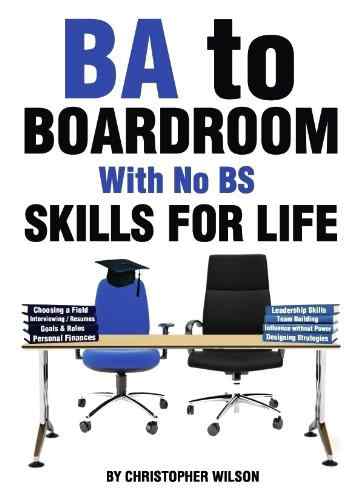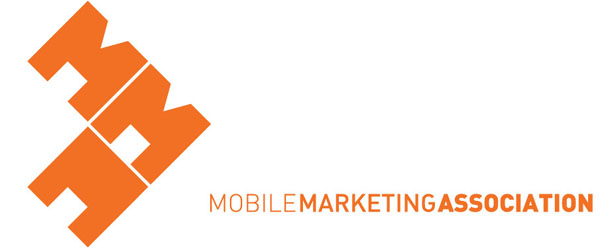BA To Boardroom With No BS: 10 Skills You Need to Get a Job

Today’s college students and graduates are competing in an ever-expanding workforce on a global basis.
Focusing on relevant skills that are not taught in many college curriculums is critical to success. For the thousands of liberal arts graduates, it can be a daunting and frustrating time.
While knowledge is certainly an important component of landing a job, graduates can increase their career success through the development of a targeted set of skills that will enable them to drive desired outcomes.
The best 10 skills to identify, learn and master when coming out of college are:
- Effective Resume Writing: Resumes are intended to get you an interview, not a job. They need to be written with that in mind – concise, direct and content rich. [ Also Read: How to Quickly Make Money from Your Blog ]
- Interviewing: Understand that interviews are a two-way process. They are not limited to just answering questions. It is essential to offer succinct and direct answers rather than ramble. It is just as critical to ask questions of your own. Appearance matters. Preparation is key.
- Negotiating a Salary: Ideally, you want the hiring manager to decide you are the best candidate for the job before discussing salary or pay. Your chances for maximum pay will improve if you discuss compensation after you are considered the best candidate. You have skills to offer, value them.
- Positive Attitude: Positive people are viewed more positively in the workplace. It is easy to make excuses about why things won’t work but use your energy to decide why things will work. Present yourself positively and improve the way you are viewed by potential employers.
- Active Listening: Real listening is different than waiting to speak. Most people do not know how to focus on this skill, but there are ways to dramatically improve this skill. Real listening builds positive relationships with others.
- Communication Skills: Effective communication skills follow a process that can produce more efficient and effective results. By learning to communicate efficiently, you will be able to handle more work in less time.
- Business Writing: Having an outline for how to write in business is different than writing papers in school. You want to present conclusions and be prepared to defend your positions rather than reference all research in your memos. Respect the reader’s time.
- Develop a Personal Plan: Developing a set of personal goals and milestones will help guide you through the inevitable ups and downs of career progressions. With today’s workers destined to have multiple career changes during their life, a personal plan will keep you focused on what will drive your success.
- Managing Up to a Boss: Know how to read your new boss and how to help them be successful. Successful bosses tend to keep their key performers with them as they advance.
- Rapid Learning: Information is readily available today and there is less need to know every detail. It is no longer about what you know; it is about how fast you can learn.
Expanding your competency in these skills will give you an edge in today’s job market. To learn more about each of these skills and over 30 more, you can read BA To Boardroom With No BS, Skills for Life.

The book aims to give useful, usable advice that will improve your career success, as a person entering the workforce, a manager and a leader.






